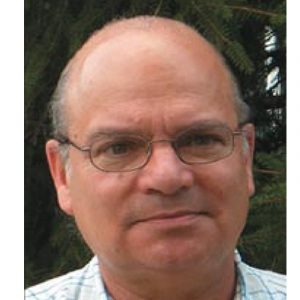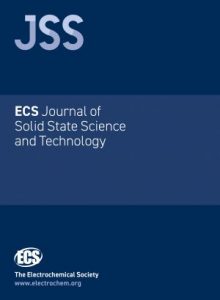 The ECS Journal of Solid State Science and Technology (JSS) welcomes nominations for the role of Technical Editor in the Solid State Sensors topical interest area. This editorial role is integral to maintaining the journal’s high standards of scientific excellence and ensuring the success of its publication efforts.
The ECS Journal of Solid State Science and Technology (JSS) welcomes nominations for the role of Technical Editor in the Solid State Sensors topical interest area. This editorial role is integral to maintaining the journal’s high standards of scientific excellence and ensuring the success of its publication efforts.
Scope of the role: solid state sensors
Areas of interest include sensors or devices based on physical and quantum transduction principles, as well as sensor advances focused on solid state principles. Specific areas of interest include novel development, characterization, implementation, fundamentals, and applications of physical and quantum sensors. Transduction mechanisms of interest include, but are not limited to, quantum, mechanical, mass sensitive, optoelectronic, optical, radiation, thermal, acoustic, piezoelectric, resistive, microwave, and magnetic. Specific topics include wearable devices, implantable devices, brain-computer interface, agricultural sensors, environmental sensors, (more…)


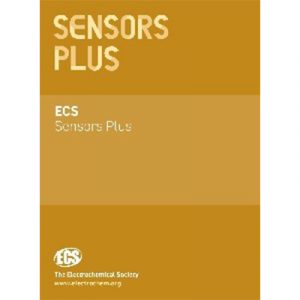
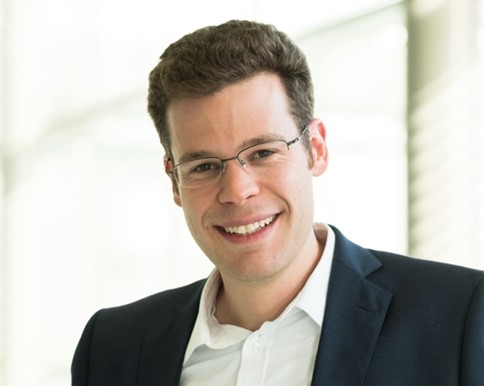
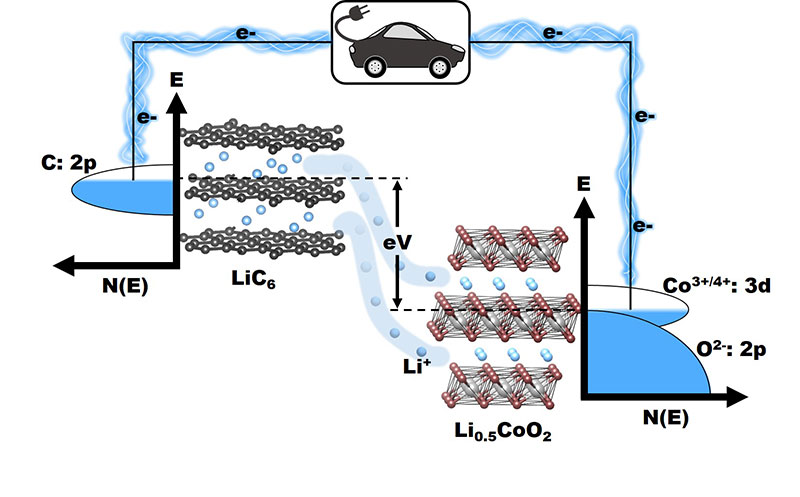
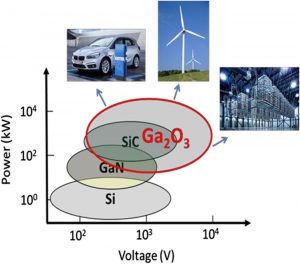 Accepting Submissions: December 26, 2019 – March 25, 2020
Accepting Submissions: December 26, 2019 – March 25, 2020